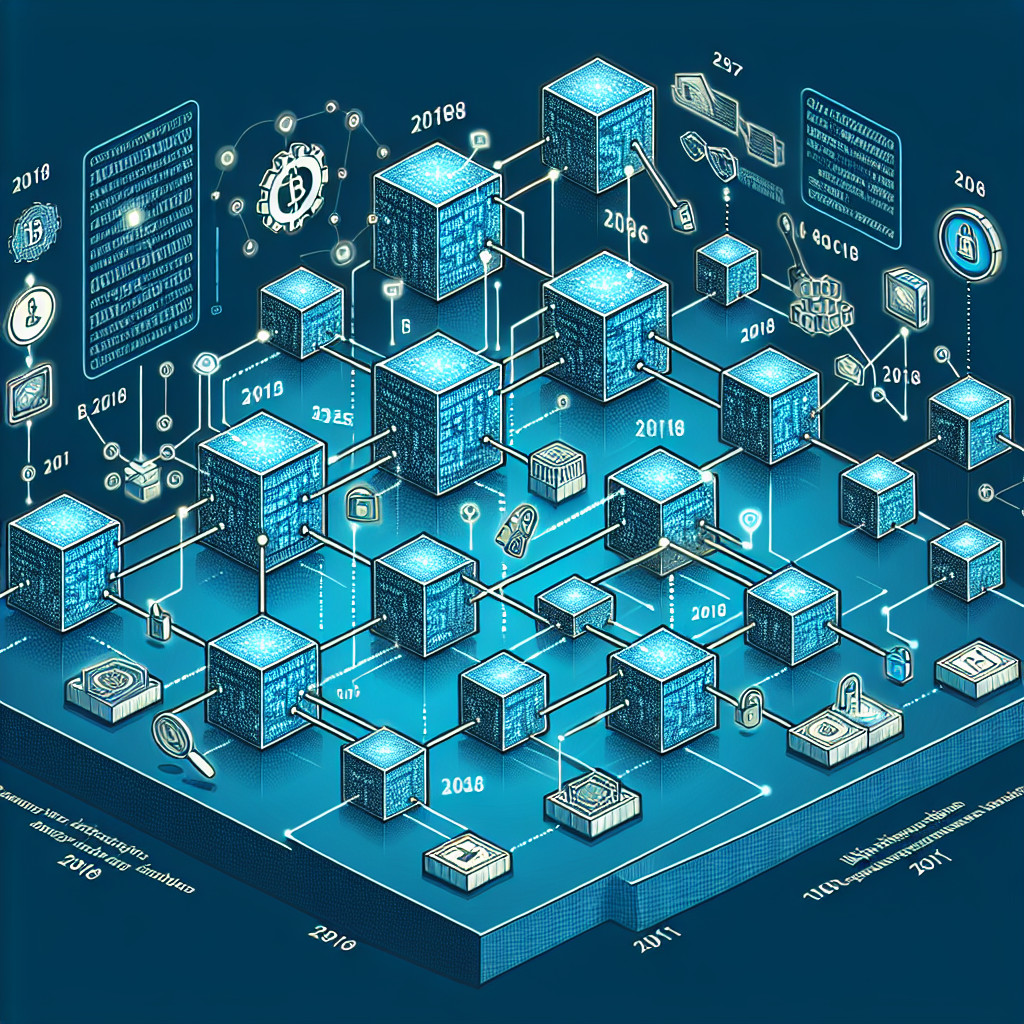Introduction to Blockchain Technology
Blockchain technology, in its simplest form, is a time-stamped series of immutable records of data managed by a cluster of computers not owned by a single entity. Each block of data is secured and linked to each other using cryptographic principles, hence the name “blockchain.”
Recent Developments in Blockchain Technology
The blockchain technology landscape has been rapidly evolving with new developments emerging in various sectors. These advances are not only enhancing the efficiency and security of systems but also creating new opportunities for businesses, governments, and individuals.
Decentralized Finance (DeFi)
One of the most significant developments in blockchain technology is the rise of Decentralized Finance (DeFi). DeFi represents a shift from traditional, centralized financial systems to peer-to-peer finance enabled by decentralized technologies built on the Ethereum blockchain. With DeFi, users can borrow, lend, trade, earn interest, and even stream payments in a trustless environment.
Blockchain in Supply Chain Management
Blockchain technology is also making significant strides in supply chain management. By providing a secure, transparent, and tamper-proof system, blockchain can solve many of the problems plaguing today’s supply chains. It can provide real-time visibility into the supply chain, verify authenticity, and ensure the ethical sourcing of products.
Blockchain in Healthcare
Another sector where blockchain technology is making a significant impact is healthcare. Blockchain can provide a secure, decentralized framework for sharing health data, ensuring patient privacy, and improving interoperability. It can also be used for drug traceability, clinical trials, and genomic research.
Future of Blockchain Technology
The future of blockchain technology looks promising with a growing interest from various sectors. As the technology continues to mature, we can expect to see more innovative applications and use cases.
Interoperability
One of the key developments to look forward to in the blockchain space is interoperability or the ability of different blockchain systems to interact and integrate with each other. This will enable seamless data sharing and transactions across different blockchain networks, enhancing efficiency and utility.
Scalability
Scalability is another crucial area of focus for future blockchain development. With increasing adoption, blockchain networks need to handle a higher volume of transactions per second. Several solutions like sharding, layer-2 solutions, and off-chain transactions are being explored to improve blockchain scalability.
Privacy
While blockchain offers improved transparency, there is also a growing need for privacy in certain use cases. Future developments in blockchain technology will likely focus on providing privacy solutions, such as zero-knowledge proofs and private transactions.
Conclusion
Blockchain technology has come a long way since it was first introduced. Its potential to disrupt traditional systems and processes is immense. As it continues to evolve and mature, we can expect to see more innovative applications and use cases that will transform various sectors and industries. The future of blockchain technology is indeed promising and exciting.




